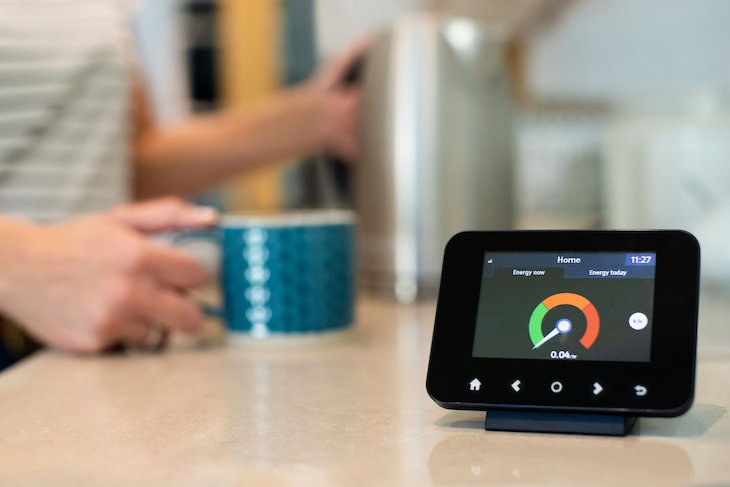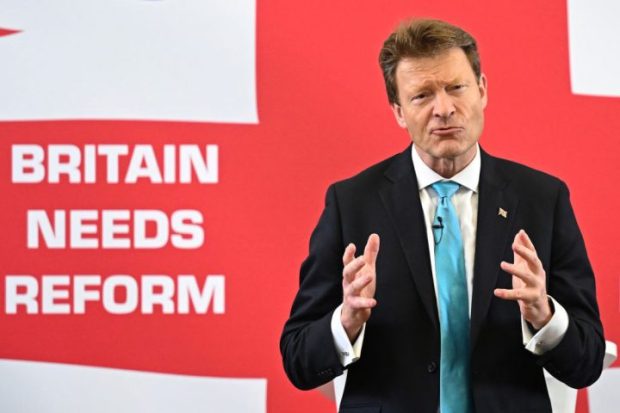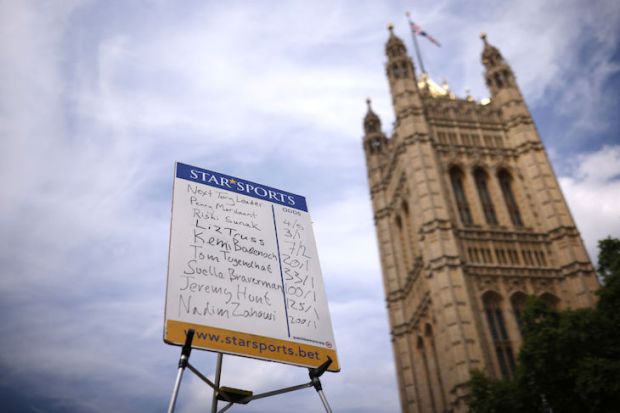If anyone was still in doubt as to why the government is keen to press ‘smart’ meters onto us, those doubts will surely now be dispelled by the latest intervention of Ofgem, which has proposed abolishing the current electricity price cap and replacing it with a cap which varies throughout the day in response to the wholesale price of electricity.
Already a subscriber? Log in
Subscribe for just $2 a week
Try a month of The Spectator Australia absolutely free and without commitment. Not only that but – if you choose to continue – you’ll pay just $2 a week for your first year.
- Unlimited access to spectator.com.au and app
- The weekly edition on the Spectator Australia app
- Spectator podcasts and newsletters
- Full access to spectator.co.uk
Or





















Comments
Don't miss out
Join the conversation with other Spectator Australia readers. Subscribe to leave a comment.
SUBSCRIBEAlready a subscriber? Log in